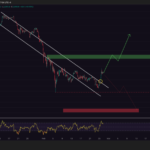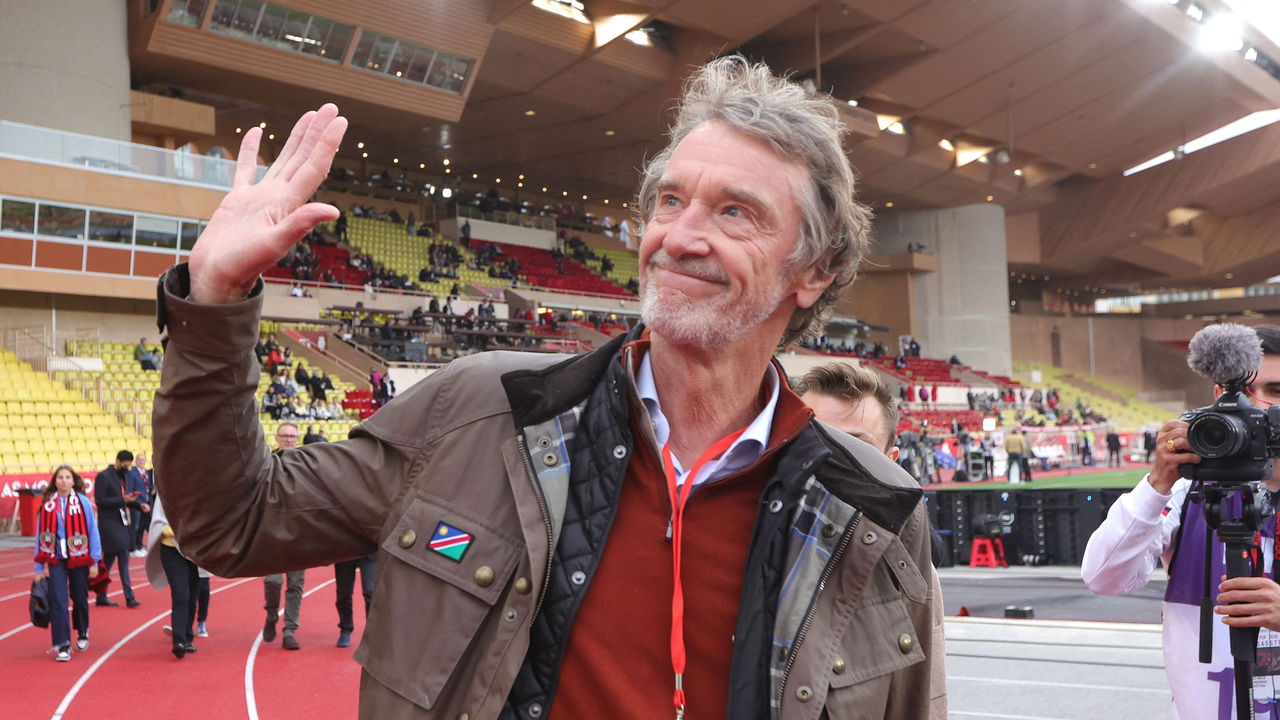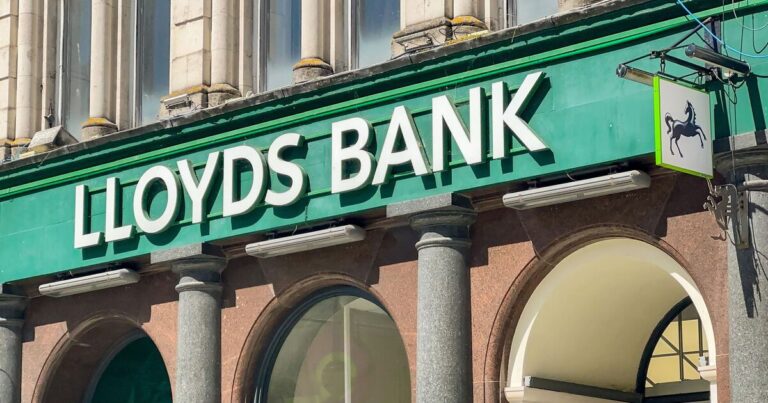
ONE OF BRITAIN’S richest men, Sir Jim Ratcliffe was long considered a magnate who kept a low profile. Not any more. He and INEOS, a chemicals firm he founded in 1998, have stepped into the limelight—by expanding into the sports business, first by buying FC Lausanne-Sport, a Swiss football club, in 2017. Now, INEOS sponsors the All Blacks, the world’s most famous rugby side; its boss holds a stake in Mercedes, a leading Formula One outfit; the company owns INEOS Grenadiers, an elite cycling team. And INEOS Britannia, the group’s sailing venture, is the first British team since 1964 to reach the final of the America’s Cup, the world’s oldest sailing competition. Its 13 races against the holders, from New Zealand, start on Saturday.
Success would be an astonishing coup in the rarefied world of sailing. But it would not quell doubts about INEOS’s sporting strategy. One acquisition towers above the rest. In February Sir Jim purchased a 27.7% stake in Manchester United from the Glazers, an American family who bought the football club in 2005. Unusually this minority share, which cost around $1.6bn, gave Sir Jim control over sporting operations. United’s fans rejoiced: the Glazers were unpopular owners and Sir Jim was one of their own, a local lad who had supported the club since childhood. (No matter that just two years before he had tried to buy Chelsea, a rival team from London.) “Big Sir Jim”, as some fans call him, would transform the fortunes of one of the world’s most famous football teams, which had long struggled to match past glories on the pitch.
So far, such success has proved largely elusive. After seven of the season’s 38 games, United languish in 14th place in the Premier League, far below fans’ expectations. But the club already shows how INEOS approaches its sporting ventures. The group emphasises collaboration between experts from different sports. INEOS’s sporting director is Sir Dave Brailsford, a former head of performance at British Cycling, who now holds a powerful position at United, too. Sir Dave obsesses about “marginal gains”—tiny, seemingly irrelevant details that can give an athlete an advantage—and gives earnest lectures on leadership. Meanwhile INEOS has also lived up to its reputation for cutting costs drastically when it takes over a business: in July it said it planned to axe 250 jobs at United, nearly a quarter of the workforce.
Still, the purchase raises questions about whether sporting ambition has clouded Sir Jim’s business judgment. A guiding mantra at INEOS, Sir Jim has said, has been “don’t do dumb shit”. The phrase features on the “INEOS compass”, a diagram he devised to explain the do’s and don’ts that allowed the firm to grow from a single chemicals plant in Belgium to a global conglomerate reporting $65bn in annual revenue. Pointing north are words Sir Jim likes: “scepticism”, “safe”, “a beer”. To the south are those he doesn’t: “politics”, “winging it”, “lukewarm cappuccino”. At the very centre of the compass are the three traits he prizes most: “grit”, “rigour” and “humour”.
The buzzwords also refer to Sir Jim’s upbringing. “Northerners” is on the positive side of the chart. Now 71, he was born on a council estate in Failsworth, a town now in Greater Manchester. The surroundings inspired him: he has said the smokestacks outside his bedroom window sparked his interest in industry. His family moved to Hull, before he studied chemical engineering in Birmingham. That led to an early career in the oil industry and then private equity, which sharpened his skills as a dealmaker.
INEOS bought up assets that chemical giants no longer wanted; in its first decade alone, it took over more than 20 businesses. It produced materials and products that consumers needed but rarely thought about: plastics used in food-packaging; components for vehicles; chemicals in medicines.
Sport—and Premier League football in particular—is just the opposite: its consumers do not really need it, but think about it constantly. So why the switch? Critics argue Sir Jim is trying to launder his and his company’s reputation. His strong support for fracking, and insistence that fossil fuels will play a part in the energy system for years to come, provoke environmentalists. And trade-union officials once dubbed him “Dr No”. In 2013 he faced down strike threats at Grangemouth, a Scottish oil refinery that INEOS partly owns, by threatening to close the plant, putting 800 jobs at risk. In 2020 his decision to move his residency from Britain to Monaco, a tax haven, drew some public ire.
Sir Jim has suggested the sporting ventures are simply an enjoyable way to spend his company’s profits. He is a fitness enthusiast, who in April ran the London marathon in just over four and a half hours. He has also driven motorbikes across Africa and trekked to both poles. Other investments reflect these adventurous interests, too. As well as sport, INEOS has moved into carmaking, producing a 4×4 off-road truck, the Grenadier. It plans to launch an electric version in 2026. Why is Sir Jim pursuing such projects? He would probably respond: “Why not?” The unlikely sports mogul might even add that answer to the company compass. ■


















